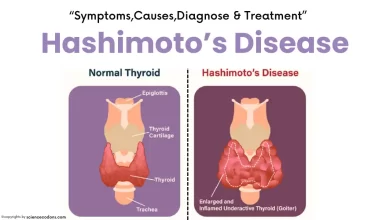Diabetes is a group of metabolic disorders resulting from chronic blood sugar elevation due to defects in insulin secretion, insulin action, or both. In this post, we’ll talk about the best diet for diabetes and the significance of a good diet in controlling diabetes.

Diabetes is a silent but progressive disease that gradually affects all tissues of the body and may cause the affected person to be unaware of their condition for years. According to the latest statistics, 537 million adults in the world live with diabetes (1 in 10 people). This number is expected to increase to 643 million by 2030 and 783 million by 2045. Different types of diabetes include type 1 diabetes, type 2 diabetes, and gestational diabetes. If diabetes is not controlled, its complications will appear over time. Long-term complications of diabetes include kidney failure, vision problems, heart attack, and stroke. However, following a healthy diet, taking regular medication, and controlling blood sugar can prevent many of these complications.
10 Effective nutritional tips for the health of diabetic patients:
- First, the best eating pattern for people with diabetes is to consume food in 6 meals (3 main meals and three snacks) and at specific hours to prevent blood sugar drops.
- Second, it is recommended to consume fewer breads made with white flour and lack bran, such as lavash bread, baguette, sandwich bread, etc. The best bread for diabetic patients who do not have kidney failure is bread made from whole wheat flour (bran).
- Third, it is recommended to prevent blood sugar fluctuations by consuming rice mixed with legumes and vegetables, such as lentils, beans, mung beans, and vegetables.
- Fourth, reducing simple sugars, such as sugar, honey, chocolate, candy, pastries, is recommended. These foods can spike blood sugar levels and cause health problems.
- Fifth, consuming a balanced amount of daily fruits and vegetables is recommended. These foods are fiber-rich, which can regulate blood sugar levels by lengthening the digestion time.
- Sixth, it is important to ignore the wrong beliefs in society, such as “a person with diabetes should never eat rice or potatoes or fruit” or “bitter foods lower blood sugar.” These statements are not based on scientific evidence and can be harmful to diabetic patients.
- Seventh, consuming a protein-rich diet, which can prevent neuropathy and nervous disorders in people with diabetes, is recommended. Reducing red meat consumption and increasing fish and chicken consumption is better. However, in people with diabetes who have kidney failure, the amount of protein intake should be determined by a nutritionist.
- Eighth, it is recommended to consume omega-3 fatty acids, which have anti-inflammatory effects and can prevent diabetes complications. For example, fish such as salmon and sardine are good sources of omega-3 fatty acids and should be consumed at least twice a week.
- Ninth, limiting the consumption of solid oils, ready-made and fried foods, and fats in animal sources, such as butter, cream, red meat, and its products is recommended. These foods can increase the risk of cardiovascular diseases and obesity.
- Raw and unsalted nuts are recommended as a snack due to their essential fatty acids. However, it should be kept in mind that these foods are high in calories and can cause overweight and obesity if consumed in excess.













